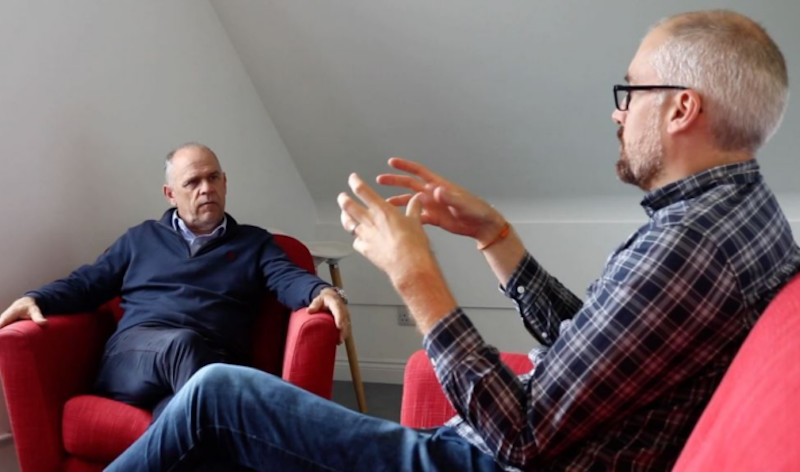

Communicating sustainability in an effective way requires credibility – which comes from collecting and presenting data, according to a recent webinar hosted by sustainability experts.
ESI Monitor and communications agency Orchard explored the role of communications within organisations’ environmental, social and governance (ESG) journeys.
According to a poll taken in the webinar, 76% of attendees said that ESG factors are very important to their organisations.
With high interest in ESG in Guernsey, it’s important for organisations that are making steps to more sustainable practice to communicate their efforts transparently and ethically.
Managing Director of Operations at Orchard, Chris Chilton, said: “If companies are working hard towards their green goals then they shouldn’t be afraid to say so – progress is always welcomed, especially when backed up with a clear roadmap.
“It’s important to avoid the greenwashing trap by setting out clearly what it is your company is aiming for. The best way to do this is by collecting and presenting data as facts are black and white.”

Pictured: ESI Monitor Managing Director Marc Laine said companies have a responsibility to reduce their carbon footprint and introduce ESG frameworks at board level.
Greenwashing is a marketing ploy that consists of putting forward ecological arguments in order to create an ecologically responsible image – that is not backed up by real action.
The ESI Monitor was set up to provide an independent accreditation of green credentials.
“Companies have a responsibility to reduce their carbon footprint and introduce ESG frameworks at board level to drive change from the top," said Managing Director Marc Laine.
"Measurement and benchmarking are key. You have to know and understand, where your business stands in order to drive real change.
“To echo Greta Thunberg: Words like green and environmentally friendly have become so watered down they are almost meaningless. Don’t say you have a green company if you haven’t enacted change - but do say what measures you have implemented on your journey to sustainability and what you are aiming for.”
While some companies might intentionally greenwash, others might fall into this "trap" without realising that they are doing it, according to Mr Chilton.
“If your company is making clear progress that aligns with a sustainable framework then communicating this is vital, particularly as people are increasingly more passionate about the planet and about supporting themselves with companies that share their values,” he said.
“However, if your company is making little progress, or adopting one small sustainable practice and then overplaying their green credentials – then we have an issue as it misleads the public, stakeholders and potential employees which is extremely unethical.”
Pictured top: Marc Laine in conversation with Chris Chilton.
Comments
Comments on this story express the views of the commentator only, not Bailiwick Publishing. We are unable to guarantee the accuracy of any of those comments.